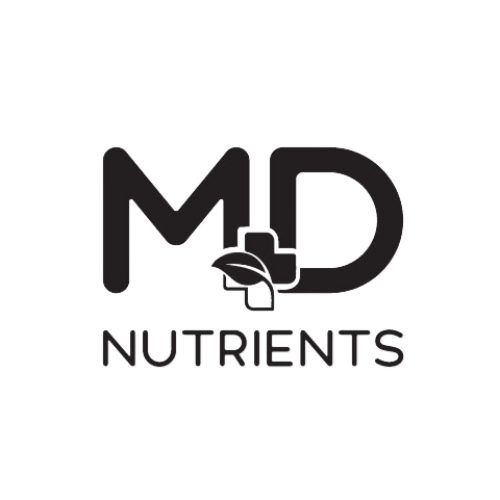Introduction: The Importance of Selenium
Selenium is a trace mineral that plays a crucial role in various bodily functions, particularly in maintaining thyroid health and supporting metabolism. Although required in small amounts, selenium is vital for the proper functioning of enzymes, immune system regulation, and protection against oxidative stress. This article explores the significance of selenium for thyroid function, its impact on metabolism, dietary sources, and guidance on selecting selenium supplements.
Role of Selenium in Thyroid Function
Selenium is essential for the synthesis of thyroid hormones, particularly thyroxine (T4) and triiodothyronine (T3). Here’s how selenium contributes to optimal thyroid function:
1. Enzymatic Activity
Selenium is a key component of selenoproteins, which are involved in the conversion of T4 into the more active T3. This conversion is crucial for regulating metabolism and energy levels in the body.
2. Antioxidant Protection
The thyroid gland is highly susceptible to oxidative damage due to its high metabolic activity. Selenium acts as an antioxidant, helping to protect thyroid cells from oxidative stress and inflammation, which can impair thyroid function.
3. Immune Support
Selenium plays a role in regulating the immune system, which is essential for maintaining thyroid health. A well-functioning immune system helps prevent autoimmune conditions like Hashimoto's thyroiditis, which can lead to hypothyroidism.
Benefits of Selenium for Metabolism
Selenium's influence extends beyond thyroid health, as it plays a significant role in metabolic processes:
1. Regulating Metabolic Rate
By supporting thyroid hormone production and conversion, selenium helps regulate the metabolic rate, affecting how efficiently the body uses energy from food. This can influence weight management and overall energy levels.
2. Enhancing Insulin Sensitivity
Research suggests that selenium may enhance insulin sensitivity, which is vital for maintaining healthy blood sugar levels and metabolism. Improved insulin function can help reduce the risk of metabolic syndrome and type 2 diabetes.
3. Supporting Weight Management
By promoting healthy thyroid function and metabolic efficiency, adequate selenium levels can assist in weight management efforts. This is particularly important for individuals with thyroid disorders, as imbalances can lead to weight gain or loss.
Dietary Sources of Selenium
Incorporating selenium-rich foods into your diet is an effective way to ensure adequate intake. Here are some excellent dietary sources of selenium:
- Brazil Nuts: These nuts are one of the richest sources of selenium, with just a few nuts providing more than the daily requirement.
- Seafood: Fish and shellfish, such as tuna, sardines, and shrimp, are excellent sources of selenium.
- Meats: Poultry, beef, and pork contain significant amounts of selenium.
- Whole Grains: Foods like brown rice, whole wheat bread, and oats provide selenium, though in smaller amounts.
- Eggs and Dairy: Eggs and dairy products like yogurt and cheese also contribute to selenium intake.
Choosing Selenium Supplements
While obtaining selenium from food is ideal, supplements may be necessary for individuals with dietary restrictions, certain health conditions, or low selenium levels. Here are some tips for selecting selenium supplements:
1. Form of Selenium
Selenium supplements are available in various forms, including selenomethionine and sodium selenite. Selenomethionine is often considered more bioavailable and effective for supplementation.
2. Dosage
The recommended dietary allowance (RDA) for selenium is 55 micrograms per day for adults. It’s important to choose a supplement that provides an appropriate dosage, ideally meeting but not exceeding the upper limit of 400 micrograms per day.
3. Quality and Purity
Look for supplements from reputable brands that offer third-party testing to ensure quality and purity. Avoid products with unnecessary additives or fillers.
4. Consult a Healthcare Provider
Before starting any supplement, especially if you have existing health conditions or are taking medications, consult with a healthcare provider to ensure that selenium supplementation is appropriate for your needs.
Conclusion: Maintain Thyroid Health with Selenium
Selenium is a vital nutrient that supports thyroid health and metabolism. By playing a key role in thyroid hormone synthesis, antioxidant protection, and metabolic regulation, selenium is essential for overall well-being. Incorporating selenium-rich foods into your diet and considering supplements when necessary can help maintain optimal thyroid function and metabolic efficiency. Prioritize selenium to support your health and enjoy the benefits of this essential trace mineral.


